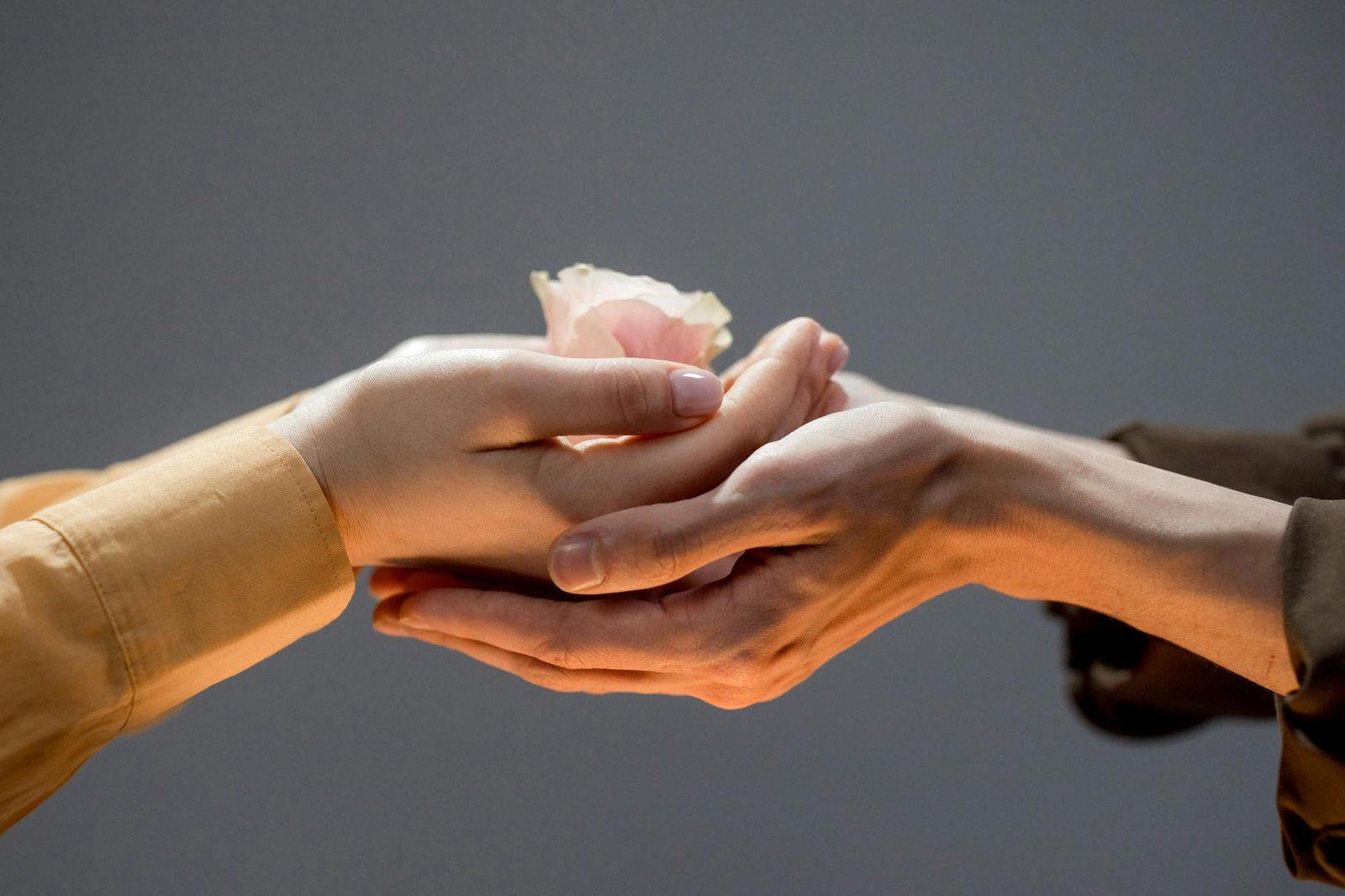Ladies-first or Couples-first?
Some weeks ago, we had a meaningful conversation in the community about the custom of walking your partner back to their seat after a tanda. One member challenged the gesture, suggesting it might symbolise outdated gender roles. Others, including myself, offered a different view.
I don’t see this as a “ladies first” gesture. I see it as “kindness first”, or perhaps “couple first” gesture. It’s a shared closure to a shared experience. I’ve seen this happen even in same-gender tandas, and it never felt off. But it does feel off when a partner suddenly disappears into the crowd without a glance or a step together toward the edge. I always wonder: Did something go wrong?
But this isn’t just about etiquette. It’s about something deeper: how values are formed, and what we lose when we discard the small rituals that teach them.
Before you go any further… just a quick note.
If you follow the blog on social media, you might be missing some posts.
Subscribing by email is the best way to stay in touch and never miss a story.
Do Our Actions Shape Our Values?
I recently listened to a long podcast (almost 5 hours) by Mark Manson on the topic of values. One idea stuck with me: values don’t change because we declare them. They change through what we do, again and again.
You don’t become someone who values health by saying “I value health.” You become that person by waking up, dragging yourself to the gym, eating differently, until the discomfort fades and the identity sets in. You practice the value before you believe it.
Simple Rituals or Clever Social Engineering?
Tango is full of rituals. Cabeceo. Thanking after a tanda. Checking with the couple behind you to enter the ronda. Walking someone off the floor. These aren’t just nostalgic leftovers, they’re behavioural training. They shape how we relate to one another and, consequently, they shape even the mood of a whole event or milonga.
It’s no coincidence that Tango emerged in male-dominated social settings where tensions and competition were high. These rituals may have functioned as a form of social engineering, forcing dancers to behave with a level of respect and care that wasn’t otherwise guaranteed. You couldn’t just show up and take a partner to the dance floor wth force. You had to ask with your eyes. Offer your full presence. End with grace. You had to earn the dance, and close it with dignity.
And here’s the thing: even if someone started doing these things just to get the dance, over time, the rituals rewire you. Repeated actions carve out new values in you. You don’t just act kind, you become kinder. Not because of ideology, but because of habit.
Haven’t you noticed such changes in yourself since you started Tango?
💥In case you missed it💥
The Rejections in Tango survey results are out.
Watch them here before the next topic takes over.
The Hidden Cost of Ripping Rituals Out
In today’s Tango circles, we sometimes rush to label old customs as patriarchal, unnecessary, or cringeworthy. Some of that critique is fair. Tango should evolve. But when we start stripping away every ritual that makes us feel awkward or constrained, we risk something deeper: we risk dismantling the very structure that taught us how to be decent to each other in the first place. After all, the acts to instil new value (eating healthy, going to the gym, etc.) never feel comfortable in the beginning.
What if that tiny moment, walking your partner back, isn’t just an old-fashioned tradition?
What if it’s training for care?
What if it’s training for kindness?
What if it’s training for respect?
What if it’s how you learn to close a cycle by acknowledging another human being?
Not every old behaviour deserves saving. But we should think twice before tossing them out like useless decor. Because once you lose the form that held the value, you often lose the value with it. And you may not notice the cost until it’s already late and the floor starts to feel colder… less gentle… more selfish.
Then you’ll wonder where the kindness went.
Before tonight’s Goodnight Tango… just a small thank-you.
The project is growing beyond the blog, with new videos, surveys, and a lively community.
Visiting the shop helps it stay ad-free and reader-supported
Tonight’s Goodnight Tango.
Tonight’s Goodnight Tango is all about kindness. If you can be one thing in this world… be kind!
So, how about you? What rituals in Tango do you think are still worth keeping? Have you ever stopped doing something courteous because you feared it would be misunderstood? What small behaviours help keep Tango kind, and what happens when they disappear? Let me know.
Comment below or join the discussion in the community
Need to talk privately? Contact me personally.
Or… just spread the word!


Leave a Reply